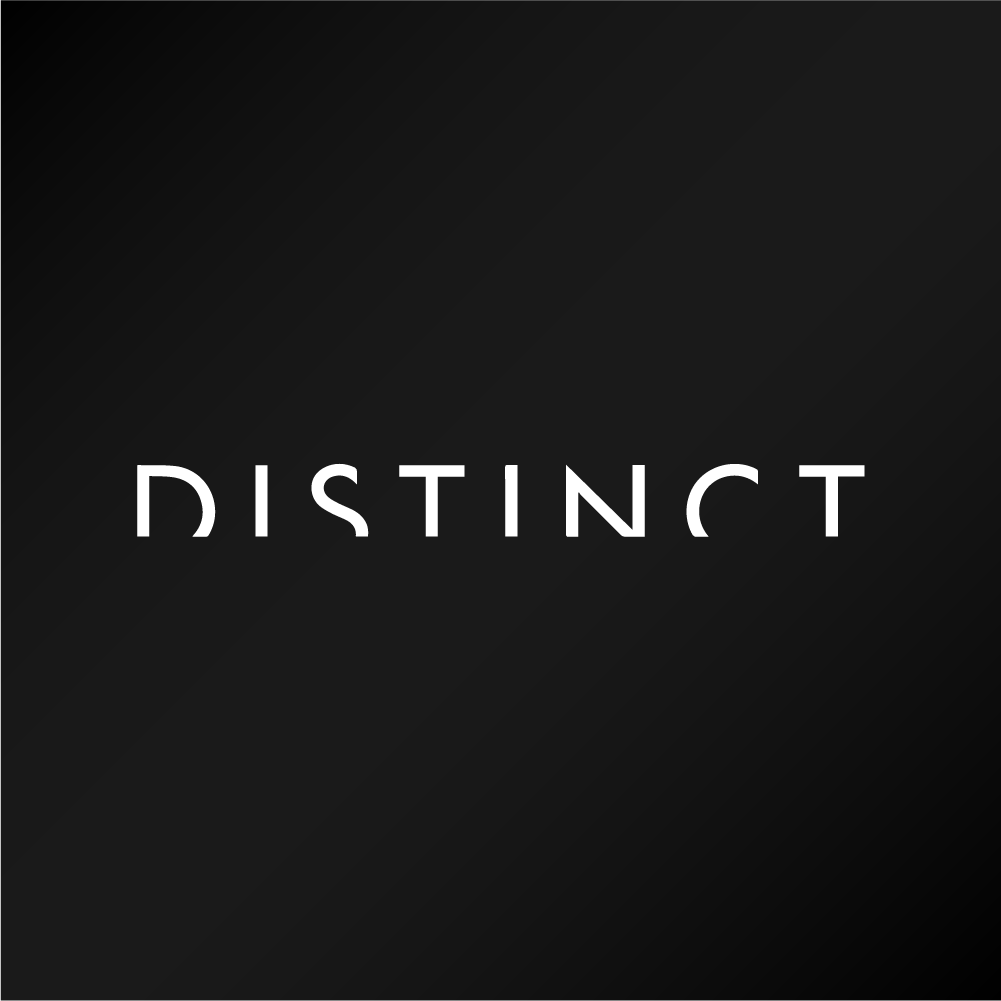

Dstnct Group Limited

1.6
City of Westminster, United Kingdom
November 2025
Facilities & cleaning services
Service with Significant Environmental Footprint
United Arab Emirates,
United Kingdom
Distinct Group is a facilities management company that specialises in preserving luxury environments rather than simply cleaning them. From flagship boutiques and corporate offices to mixed-use spaces and head offices, Distinct Group provides high quality cleaning, front of house and support services that keep spaces looking and feeling their best, every day. The company works primarily with luxury retail brands and premium corporate clients who expect meticulous standards, discretion and consistency. Distinct Group focuses on long term partnerships, investing in its people, systems and training so that teams feel valued, supported and empowered to deliver exceptional service on site. Becoming a Certified B Corporation is a natural extension of how Distinct Group already chooses to operate. The business believes that commercial success should never come at the expense of people or the planet. B Corp status provides a transparent, credible framework to measure and improve its impact, hold itself accountable, and demonstrate to clients, suppliers and employees that it is committed to doing business in a responsible way.
Overall B Impact Score
Governance 13.5
Governance evaluates a company's overall mission, engagement around its social/environmental impact, ethics, and transparency. This section also evaluates the ability of a company to protect their mission and formally consider stakeholders in decision making through their corporate structure (e.g. benefit corporation) or corporate governing documents.
What is this? A company with an Impact Business Model is intentionally designed to create a specific positive outcome for one of its stakeholders - such as workers, community, environment, or customers.
Workers 20.6
Workers evaluates a company’s contributions to its employees’ financial security, health & safety, wellness, career development, and engagement & satisfaction. In addition, this section recognizes business models designed to benefit workers, such as companies that are at least 40% owned by non-executive employees and those that have workforce development programs to support individuals with barriers to employment.
Community 37.1
Community evaluates a company’s engagement with and impact on the communities in which it operates, hires from, and sources from. Topics include diversity, equity & inclusion, economic impact, civic engagement, charitable giving, and supply chain management. In addition, this section recognizes business models that are designed to address specific community-oriented problems, such as poverty alleviation through fair trade sourcing or distribution via microenterprises, producer cooperative models, locally focused economic development, and formal charitable giving commitments.
What is this? A company with an Impact Business Model is intentionally designed to create a specific positive outcome for one of its stakeholders - such as workers, community, environment, or customers.
Environment 24.8
Environment evaluates a company’s overall environmental management practices as well as its impact on the air, climate, water, land, and biodiversity. This includes the direct impact of a company’s operations and, when applicable its supply chain and distribution channels. This section also recognizes companies with environmentally innovative production processes and those that sell products or services that have a positive environmental impact. Some examples might include products and services that create renewable energy, reduce consumption or waste, conserve land or wildlife, provide less toxic alternatives to the market, or educate people about environmental problems.
Customers 2.9
Customers evaluates a company’s stewardship of its customers through the quality of its products and services, ethical marketing, data privacy and security, and feedback channels. In addition, this section recognizes products or services that are designed to address a particular social problem for or through its customers, such as health or educational products, arts & media products, serving underserved customers/clients, and services that improve the social impact of other businesses or organizations.